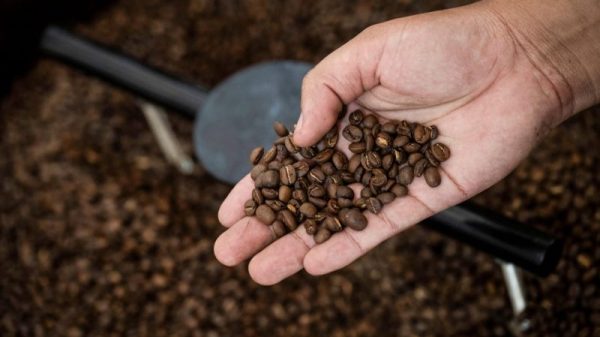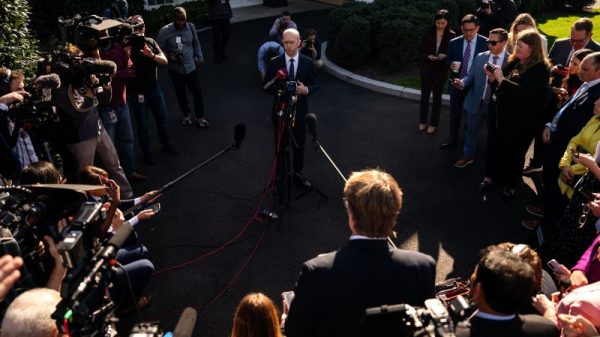The President of Venezuela, Nicolas Maduro, has recently announced his decision to create a new state within the country’s borders, and he has also unveiled a new regional map associated with the declaration. Maduro’s new regional map includes land from the country of Guyana which he claims belongs to Venezuela.
The inclusion of Guyana’s land is highly contentious for many within Venezuela and around the world. President Maduro’s move has caused a great deal of international alarm, sparking a dispute between the two countries and drawing attention to the long-standing territorial dispute over the Essequibo region now included within Maduro’s new map.
Since the dispute began, the international community has been largely unified in its condemnation of Mr. Maduro’s unilateral decision. Venezuelans are also largely opposed to the creation of the new state, believing it to be an obvious attempt to distract from the country’s current political situation.
While the dispute has yet to be resolved, it has become increasingly difficult for Venezuela and Guyana to reach a greater understanding of the issue, and so it is likely that the dispute will continue to grow. The creation of the new state is considered to be an inflammatory move by Venezuela that further complicates the situation.
In the wake of this announcement, Venezuelans and other citizens of the world have taken to social media to voice their concerns. Many have pointed out that the decision ignores international law, as well as the verdicts of the Hague court of justice which ruled that Guyana’s land belongs to the South American nation, and not to Venezuela. This reverberating sentiment involves a call for greater diplomacy and attention be paid to this issue.
While it is unclear whether Maduro will take any action regarding his recent declaration, the international community will be watching closely. For now, Venezuelans and Guyana alike can take some solace in the fact that the existing court ruling will remain in effect, barring any further attempts by Maduro to change its conclusion.




























